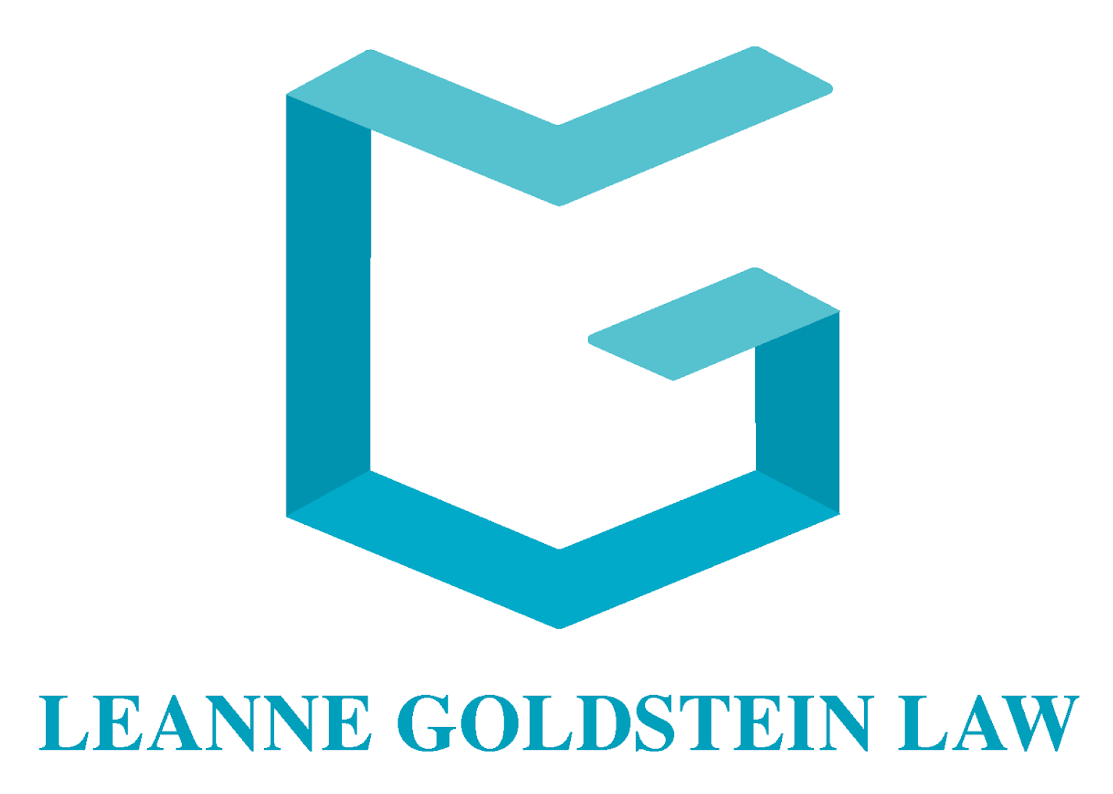Looking for Help with Private/Professional Disability Policies in Newmarket, Ontario?

Business owners or professionals are more likely to have purchased an insurance policy directly from an insurance company than be part of a group disability policy or plan. This might be done directly with an insurer or through an insurance broker or brokerage. Many professional associations such as OMA or OVMA have group plans which have features reminiscent of individual plans even though they are technically group plans.
Medical underwriting is frequently an element of private disability insurance. Medical underwriting is the process whereby an insurer assesses risk by examining an individual’s medical information, health status and health history to determine whether they are insurable and if they are insurable, what premium to charge based on various risk factors. Policies may have higher ratings or exclusions depending on the insured’s relevant medical history.
Individual disability insurance policies may allow for customization of coverage which usually takes the form of an optional “Rider”. A “Rider” is a provision containing a benefit enhancement that can be purchased to provide coverage beyond what may be contained in the standard individual disability insurance policy and may modify the coverage in the base policy. Common Riders might include Own Occupation Riders, Guaranteed Insurability Benefit Riders, Cost of Living Adjustment Riders, Retirement Protection Riders, Partial and Residual Disability Benefit Riders and Lifetime Benefit Riders. Business overhead expenses may also form part of a professional or private policy.
Individual disability benefits claims are often denied based on misrepresentation. Since financial and medical disclosure is often required as a precondition to obtaining private policies, this allows the insurer to conduct investigations to determine coverage eligibility/insurability and the amount of premiums to be paid by the insured to insure the risk.
There is a duty on parties seeking insurance to make true and full representation of facts which are material to the insurance risk. To be material, a fact must be one which, if fully and truthfully disclosed, would have influenced a reasonable insurer to decline the risk or set a higher premium to take on the risk.
Once a claim for disability benefits has been submitted, insurers will frequently investigate the claim by requesting medical records that precede the date of disability. The insurer will then analyze those medical records to determine whether the insured fully disclosed their health history and if not, a claim will be denied based on non-disclosure and misrepresentation. Contesting a denial that has been made based on misrepresentation is very technical and legally complex.
Knowing when to submit your claim is important to ensure that your rights and interests are protected. Many people believe that they are not disabled enough to apply for disability benefits and insurance companies perpetuate the myth that in order to apply for disability benefits you essentially have to be completely incapacitated. The timing of your claim may be a critical step to ensure that you are able to access the full benefit of your policy.
Knowing how to apply the Riders and interpret policy wording is essential to a successful outcome particularly when it comes to the idiosyncratic interpretation of the “Own Occupation Riders” by different insurance companies.
We have significant experience dealing with private and professional disability claims. If you have a question related to the application, appeals or litigation process, please contact our office.
Private/Professional Disability FAQs
Private or Professional Disability Policies are insurance coverages purchased independently (and not through an employer) to provide income protection in case of a disability that prevents the policyholder from working.
While employer-provided disability insurance is typically a benefit provided as part of employment, private/professional policies are bought independently, often offering more comprehensive coverage, longer benefit periods, and sometimes, more flexibility in terms of claim conditions.
Yes. “Own Occupation” policies pay benefits if you’re unable to perform the duties of your specific occupation, while “Any Occupation” policies pay only if you’re unable to work in any job reasonably suited to your education and experience.
This is the time you must be disabled before you start receiving benefits. Typical waiting periods range from 30 to 180 days. Longer waiting periods generally mean lower premiums.
Our Team

Leanne Goldstein | FOUNDER, SENIOR LAWYER

Maria Garofalo | LAW CLERK, OFFICE MANAGER
